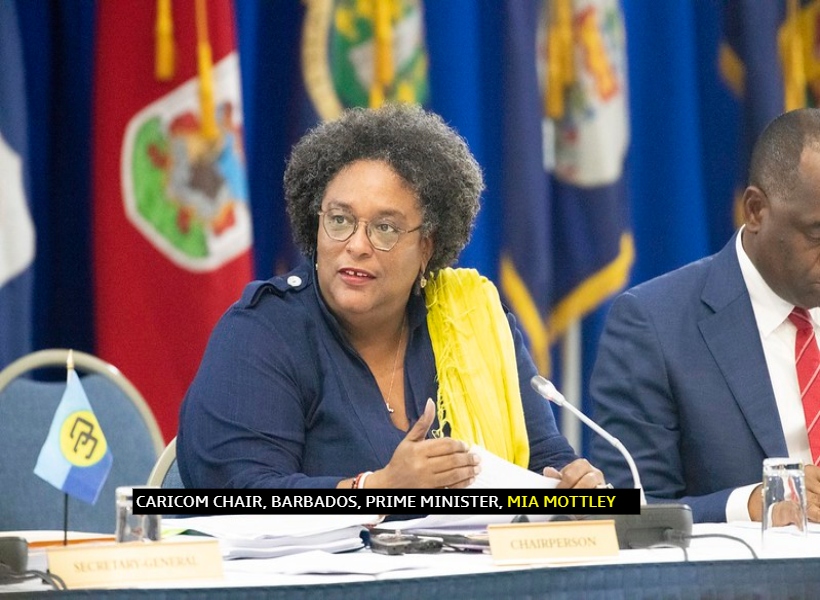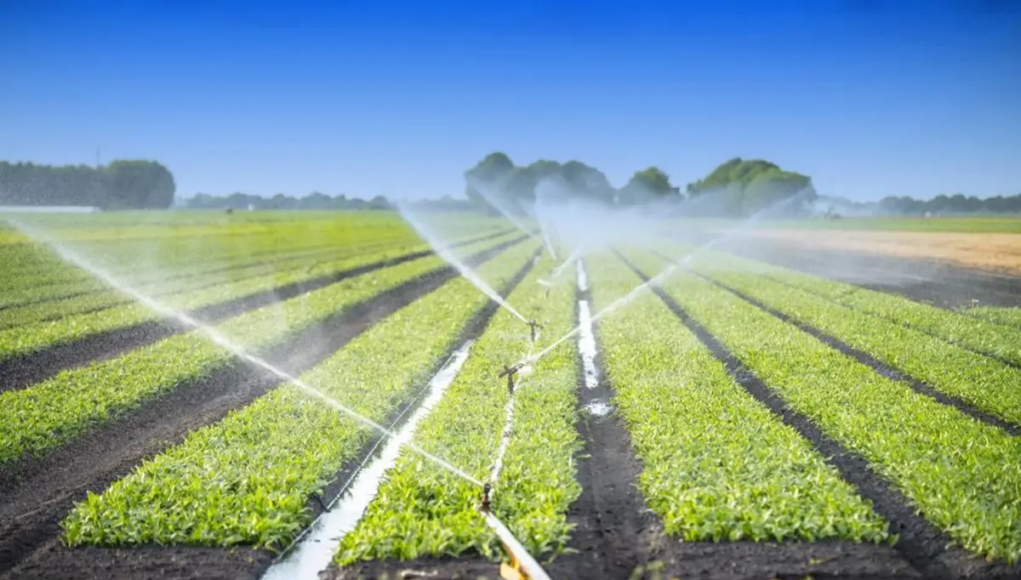Guyana’s National Agricultural Research and Extension Institute (NAREI) is making strides in climate-smart agriculture with support from the United States Agency for International Development (USAID)’s Mission in the Eastern and Southern Caribbean (ESC).
NAREI’s CEO, Jagnarine Singh, along with Research Scientists David Fredericks and Dr. K Bramdeo, recently held a crucial meeting with USAID representatives to discuss ways to transform agri-food systems, making them greener and more climate-resilient in line with the Sustainable Development Goals and the Paris Agreement. The focus of the meeting was to address systematic constraints in climate and disaster finance while prioritizing investments in resilience across vital sectors like agriculture.
The urgency of the meeting is underscored by the escalating global temperatures, leading to extreme weather patterns that pose significant risks to ESC countries. NAREI highlighted that between 1960 and 2013, tropical cyclones and riverine flooding accounted for the majority of occurrences across the Caribbean, causing substantial damage ranging from six percent to 200 percent of national annual GDP from a single event.
To combat these challenges, the Guyanese government, through the Ministry of Agriculture, has devised several measures to promote climate-smart practices as part of its expanded Low Carbon Development Strategy (LCDS) 2030. One such initiative is the Agriculture and Innovation Entrepreneurship Programme (AIEP), launched in 2022, aiming to establish numerous shade houses across Guyana.
Additionally, NAREI emphasizes the importance of implementing smart-agriculture practices such as drip irrigation, greenhouse cultivation, crop rotation, and diversification, which are all highlighted in the expanded LCDS. These strategies are crucial in building a sustainable and resilient agricultural sector amidst the changing climate landscape. (Modified from DPI)











